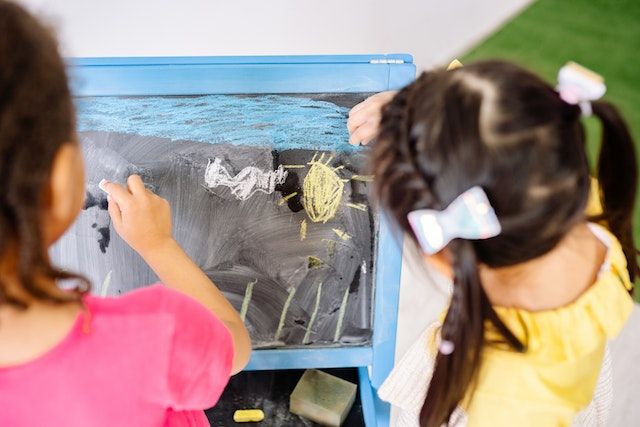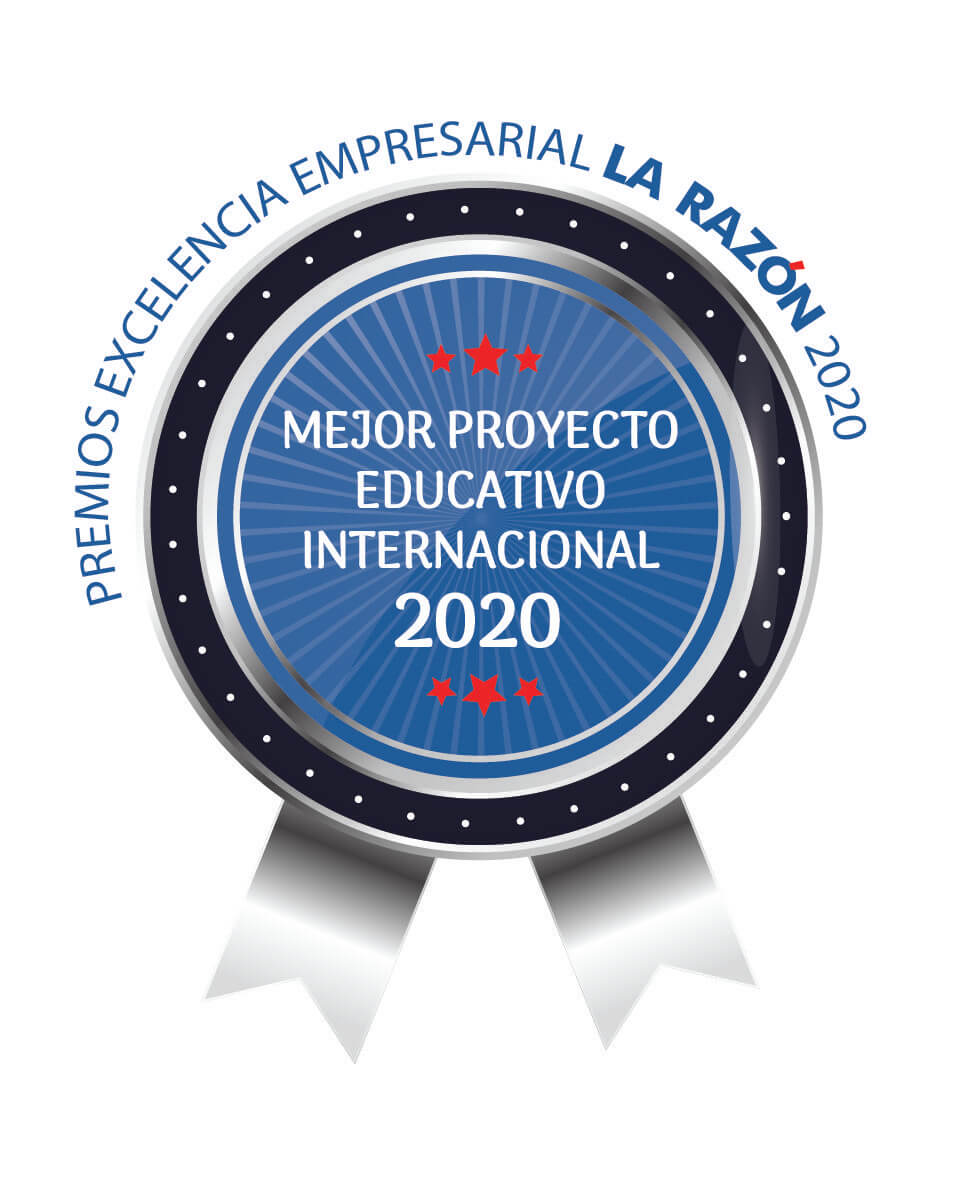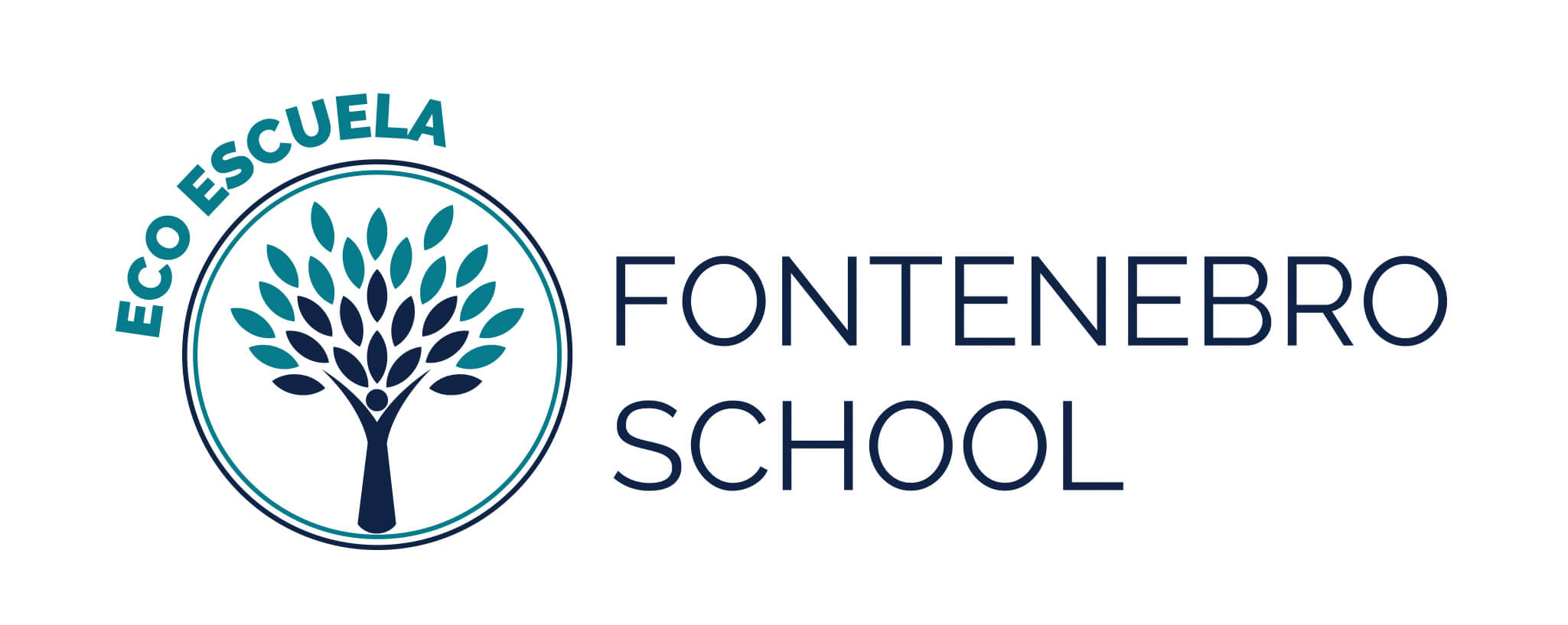6 Environmental education games
The importance of perceiving ecology through real-life experiences
One of the most important ecological principles is based on the importance of recycling and reusing materials in general. Adults know the basics of recycling, and how we get a waste material to be reused without having to resort to new natural resources, however, for a child these concepts can be abstract.
Through environmental education games for children, we get them to see firsthand what recycling is all about. The construction of ecological elements as an activity that allows them to reuse materials is an example of how we can help them to understand these processes, the main objective being to make them aware that not everything that is used on a daily basis loses its usefulness.
Ecological games allow us to show children how we protect the environment. Real experiences help us to create activities that mimic on a small scale what we do on a daily basis to preserve natural ecosystems. Through proper explanation, we can make environmental education games for children the best example, and make them aware that their participation will be crucial in the future.
The perfect environment for our pupils to discover nature
Environmental education is already a fundamental part of schools’ educational programmes, however, at Fontenebro International School we have an advantage, and that is that our school is located in the heart of the Sierra de Guadarrama, an incomparable natural setting in Madrid.
The best way to discover nature is to enjoy it first hand. The Sierra de Guadarrama offers us one of the most spectacular areas of the Central System and also has a protected area declared a National Park between Segovia and Madrid.
For our school, to have such an important natural area so close to us is a real privilege, but also a responsibility. We are aware that part of our teaching work also includes making our students aware of the importance of protecting this area.
Living with natural landscapes on a daily basis allows us to recognise the importance of nature in our daily lives. Moralzarzal is a municipality in Madrid located in the heart of the Guadarrama Mountains and completely surrounded by natural landscapes, so at Fontenebro International School we have a certain advantage when it comes to making our pupils aware of how important it is for them to participate in the conservation of everything that surrounds us.
Involving families in ecological activities
Environmental education also includes the participation of families. As we have indicated, Moralzarzal does not offer the perfect environment for our children to discover nature and the importance of the environment first hand, in this sense, it is also important that families are involved in this process.
Activities at home also allow children to learn values related to ecology. Planting seeds, recycling at home on a daily basis or taking a walk in the Guadarrama mountain range reinforces everything they learn at school.
The reinforcement that comes from coordinating academic education with what they learn at home is invaluable, ecological values are important for their future and that of everyone, both schools and families must collaborate, so that future generations are aware that their actions are important.
Establishing routines through games
Environmental education games for children can be the best way to establish ecological routines. We all play a part in protecting the environment through our daily choices, and children can also acquire routines that are beneficial to the environment.
Some of the routines we can follow are the following:
- Water use: Water is a scarce resource, and in fact, it is increasingly important to use it responsibly. Our students learn that we cannot waste water on a daily basis and that responsible use depends on everyone.
- Recycling: Having several containers at home helps to raise awareness of how important it is to reuse materials. Identifying each container and using them correctly on a daily basis is also part of environmental education.
- Caring for animals and plants: Taking care of the plants we have at home and our pets is also part of the environmental routines. Occasional activities with animals are great fun, but we can also teach them the value of nature through care and responsibility towards our pets.
- Use of light: Light is also a scarce resource, the excessive use of which can have a negative impact on the environment. As in the case of water, it is important for children to know that we must use light responsibly, avoiding its use when it is not necessary.
- Food: Not buying more than necessary or buying seasonal food is also a good way to teach them the importance of the environment. Food has an impact on both their health and the environment, so it is very important that they learn the value of buying healthy food in the right quantities.
The importance of comprehensive education at school
Environmental education games are part of the education our students receive.
There is an academic programme that includes theoretical and technical knowledge of many subjects at each school stage, however, the academic education must integrate other aspects, which will be crucial during their adult life. The assimilation of values and their subsequent putting into practice is also part of our academic commitment. At Fontenebro International School we develop an educational process that includes aspects related to their personal development.
We want our pupils to become responsible citizens, aware that their decisions have consequences for their environment. Our programmes provide a comprehensive education, which is reflected in all aspects of their daily lives.













![BAPParentLogo[5]](https://fontenebroschool.com/wp-content/uploads/2020/09/BAPParentLogo5.png)


